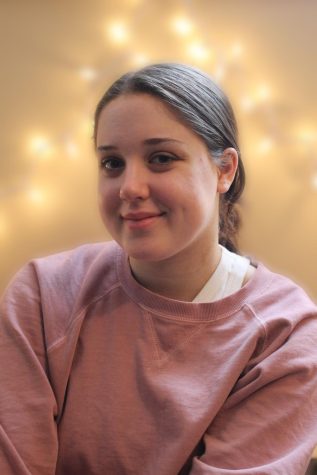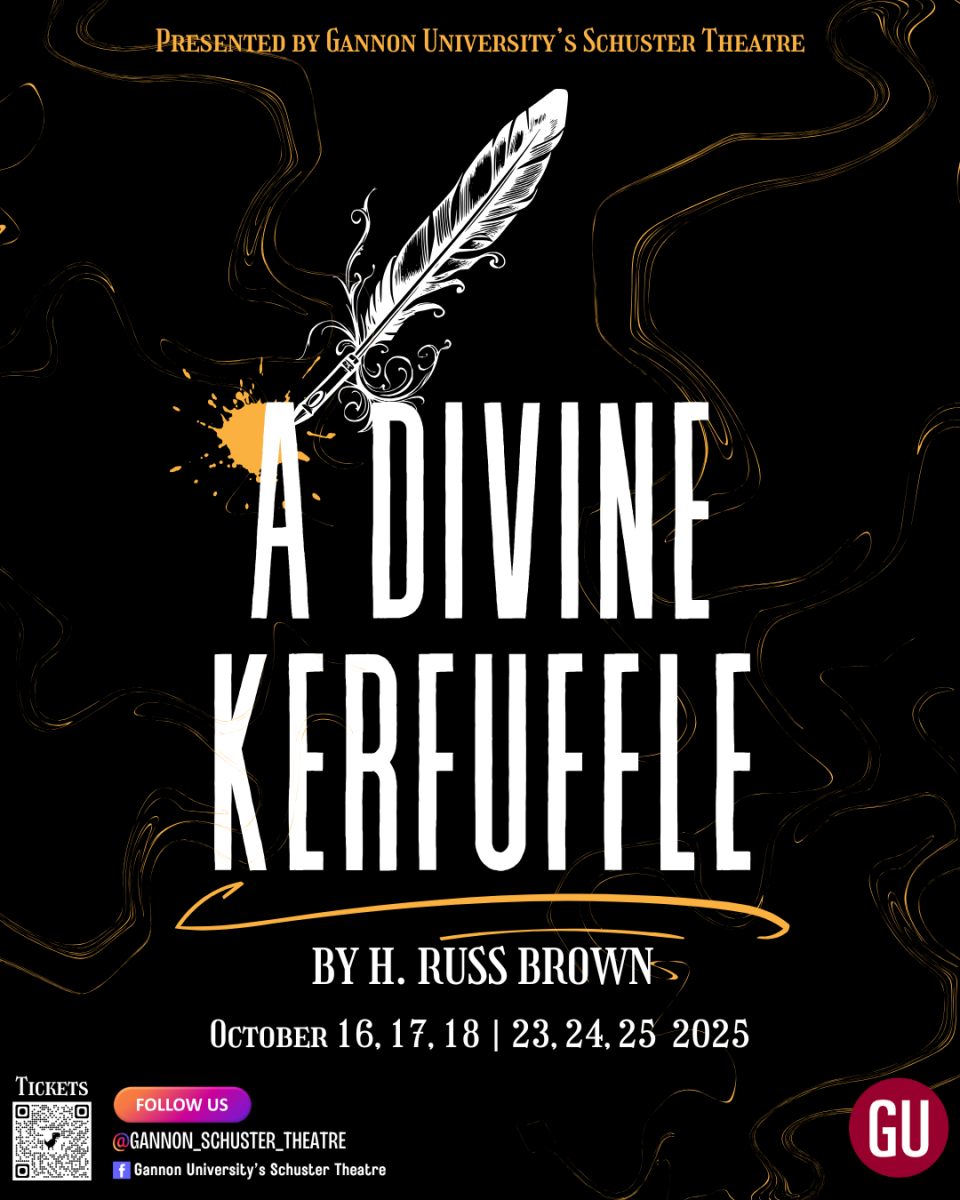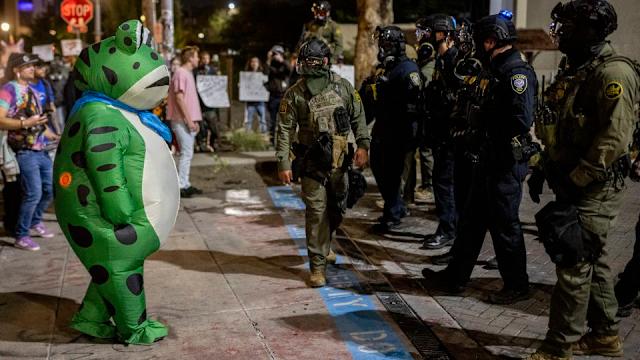Semester break changes met with mixed opinions
Students and faculty voice thoughts on changes due to COVID-19 pandemic
September 22, 2020
Because of the coronavirus outbreak, Gannon has deemed it necessary to adjust its semester break schedule to accommodate for utmost safety and protection against the virus. This year, there are no mid-semester breaks, and the winter break is longer than usual. There will now be a two-month hiatus between semesters, running Nov. 24 through Jan. 25.
Ryan Gerenser, a junior business management major, sees both the long winter break and lack of midsemester breaks as positives.
“With having no midsemester breaks it allows the semester to go by faster,” Gerenser said.
“And the longer winter break is a plus for me. I’m able to work longer and spend a bit more time at home with my family and friends too.”
Gerenser is also not concerned about losing time to rest or experiencing burn out.
“I find with the COVID restrictions there isn’t much to truly do during the day to warrant me being exhausted throughout the semester,” Gerenser said. “I feel that with not having a break it allows me to stay focused on classes and study time.”
Sophomore social work major Lauren Williams is apprehensive about the extended winter break.
“Last year I was ready to come back to school after two weeks so I can’t imagine how this break will go,” Williams said. “I think I will have to up my work hours or take some extra classes to try and balance out that long of a break. I don’t do well with not being busy.”
Williams is also concerned about burnout before finals season hits.
“I feel like most people will be mentally and physically exhausted by then, which could affect grades,” Williams said.
Junior finance major Nick Carneval has a unique perspective as an Erie native.
“It’s easier for me, whereas it might be more difficult for other people to go home or see their families on such a tight schedule,” Carneval said. “It’s easier for me to do things like have transportation to get groceries or see my parents. Despite all these changes due to COVID-19, I’m really lucky to be going to such an awesome university, and one that’s in my area as well.”
Carneval also acknowledges the struggles international students have during the COVID-19 pandemic, which a longer winter break could worsen or complicate their already difficult situations.
“I know many international students who haven’t seen their families in upward of a year because of the current pandemic,” Carneval said.
“What I think we need to do as the Gannon community is help in that transition into being like ‘OK, this is going to be the place they’re going to be at for many more months.’ And I’d be happy to help them be comfortable in that situation and make sure they have somewhat of a family or friend group here.”
However, Carneval is grateful to have this unique opportunity for rest and productivity.
“This might be the only semester we ever see like this,” Carneval said.
Ann Bomberger, Ph.D., director of Gannon’s honors program, agrees that the lack of mid-semester breaks and the lengthened winter break are good things.
“While it is nice to have a break, I think the administration did the right thing by trying to get the semester done before flu season hits in earnest,” Bomberger said.
“I’m going to get some more family time and opportunities to read for pleasure. Like most faculty, I tend to work several weeks of the break to prepare for the next semester, so I am really looking forward to more down time.”
Bomberger also offers advice for students who will miss the chance to recharge during the semester.
“It really helps students if they can get seven or eight hours of sleep in a row. Often students only get a few hours of sleep at night and take naps, so they don’t get the REM sleep they need,” Bomberger said.
John Ranney, Ph.D., professor in Gannon’s psychology program, is also excited about the long winter break.
“I hope it sticks around even after COVID-19 is under control,” Ranney said.
“Having the month of December off actually opens up a lot of options like running a short-term class or working a lot on the research projects that I won’t have as much time for in the fall.”
As for the lack of mid semester breaks, Ranney offers advice as well for students to avoid burnout or exhaustion.
“I think it is super important that students recognize that there is only so much you can do in a day and that being able to function mentally and emotionally needs to be a priority,” Ranney said.
“We are all just human beings trying our best and living a life that is fulfilling is more important than getting a particular grade on a particular assignment.”
ANNA MALESIEWSKI





